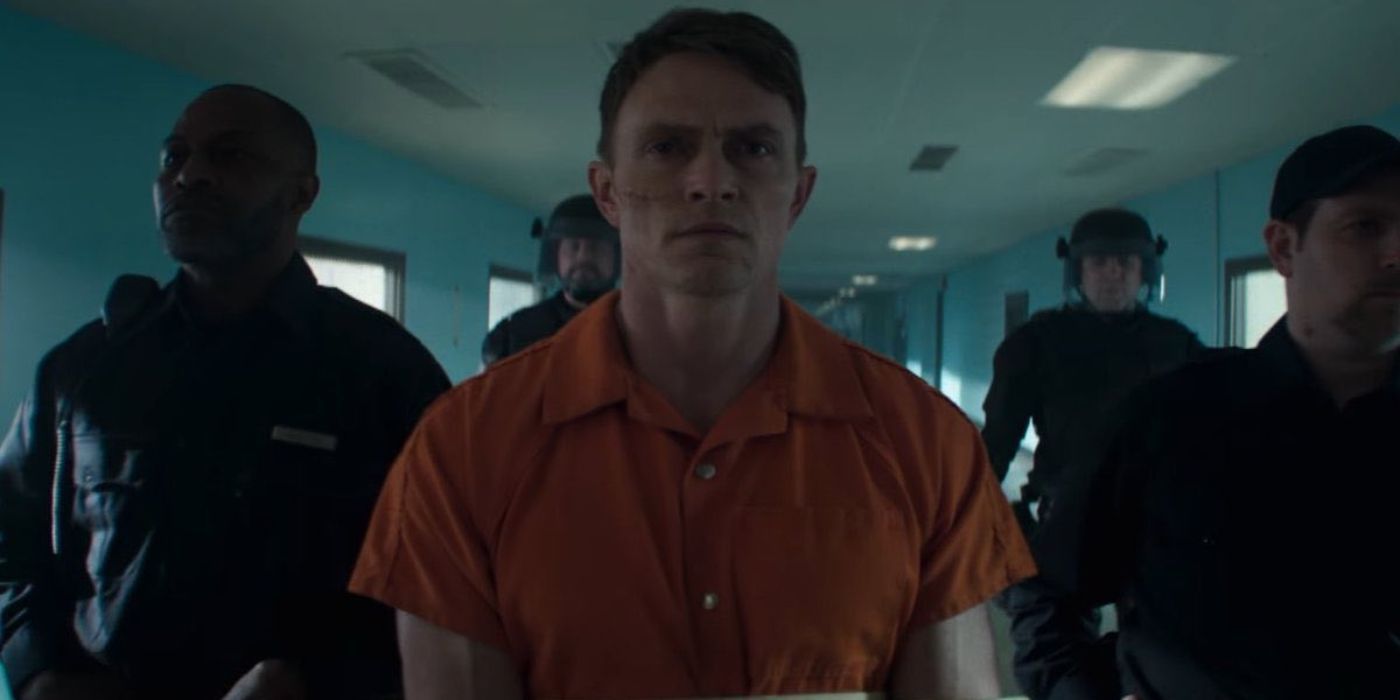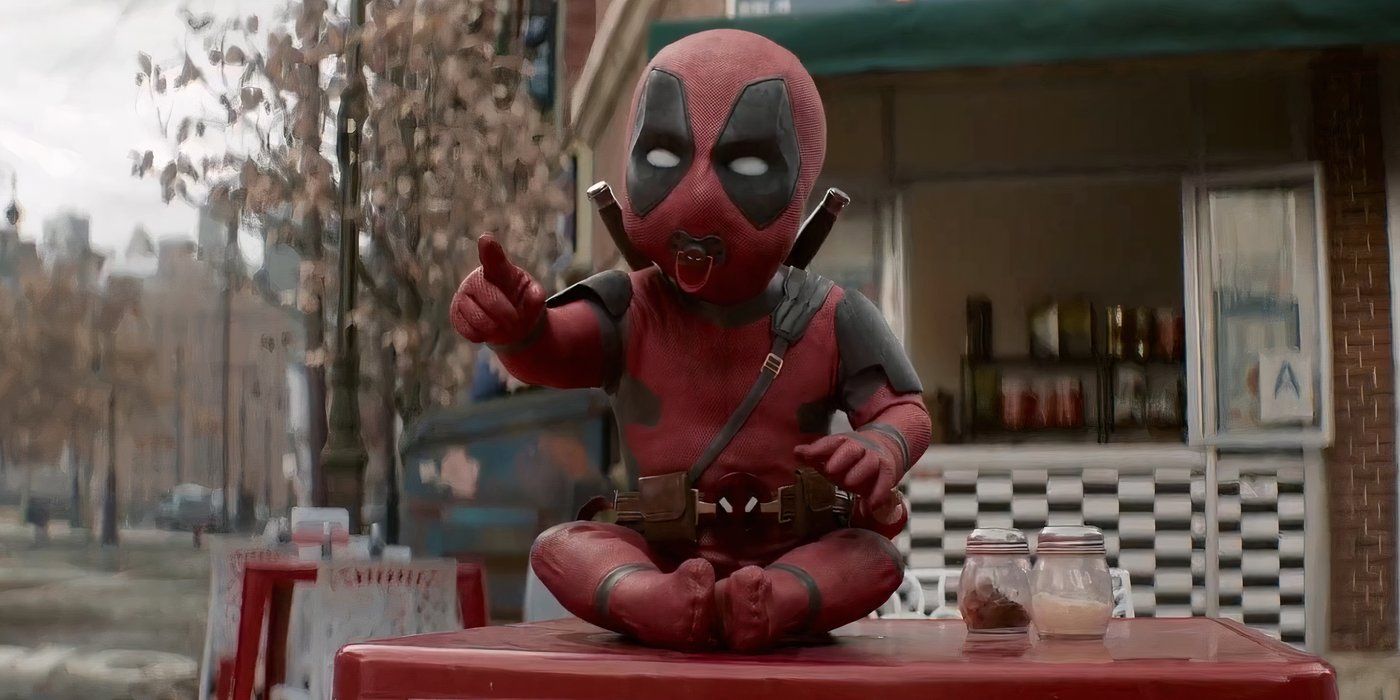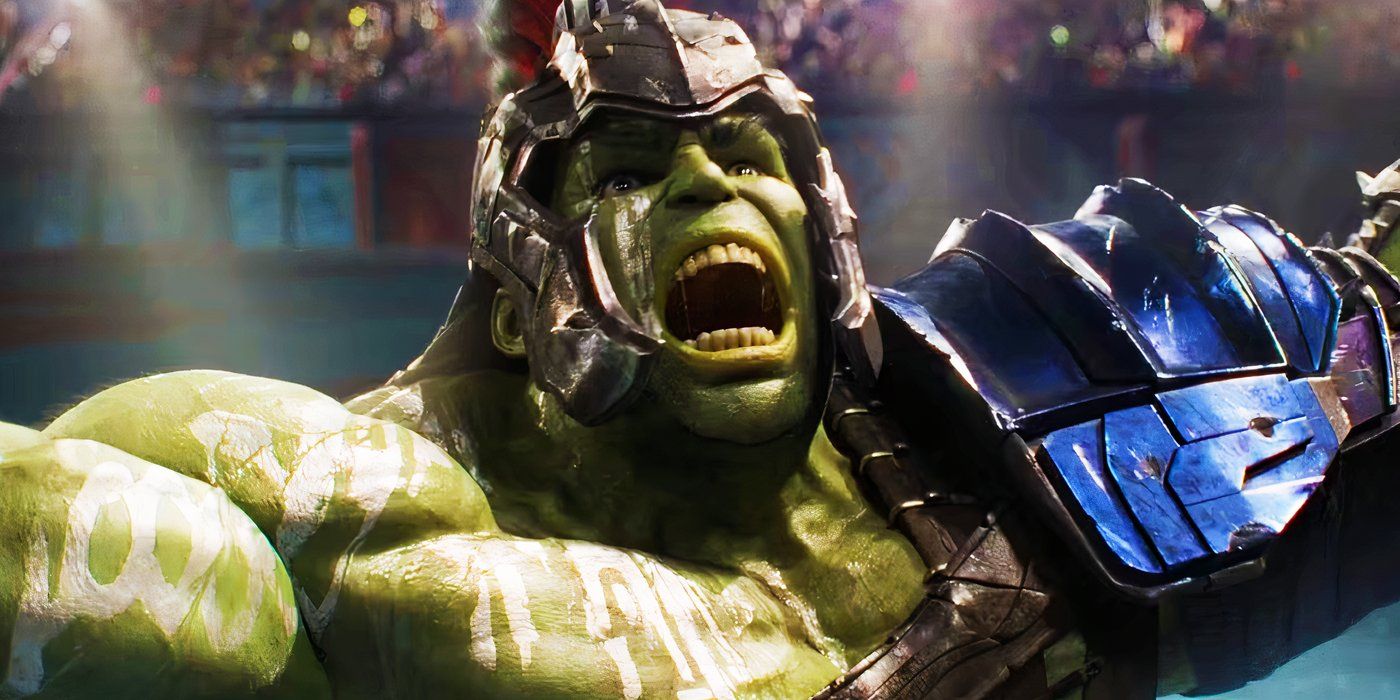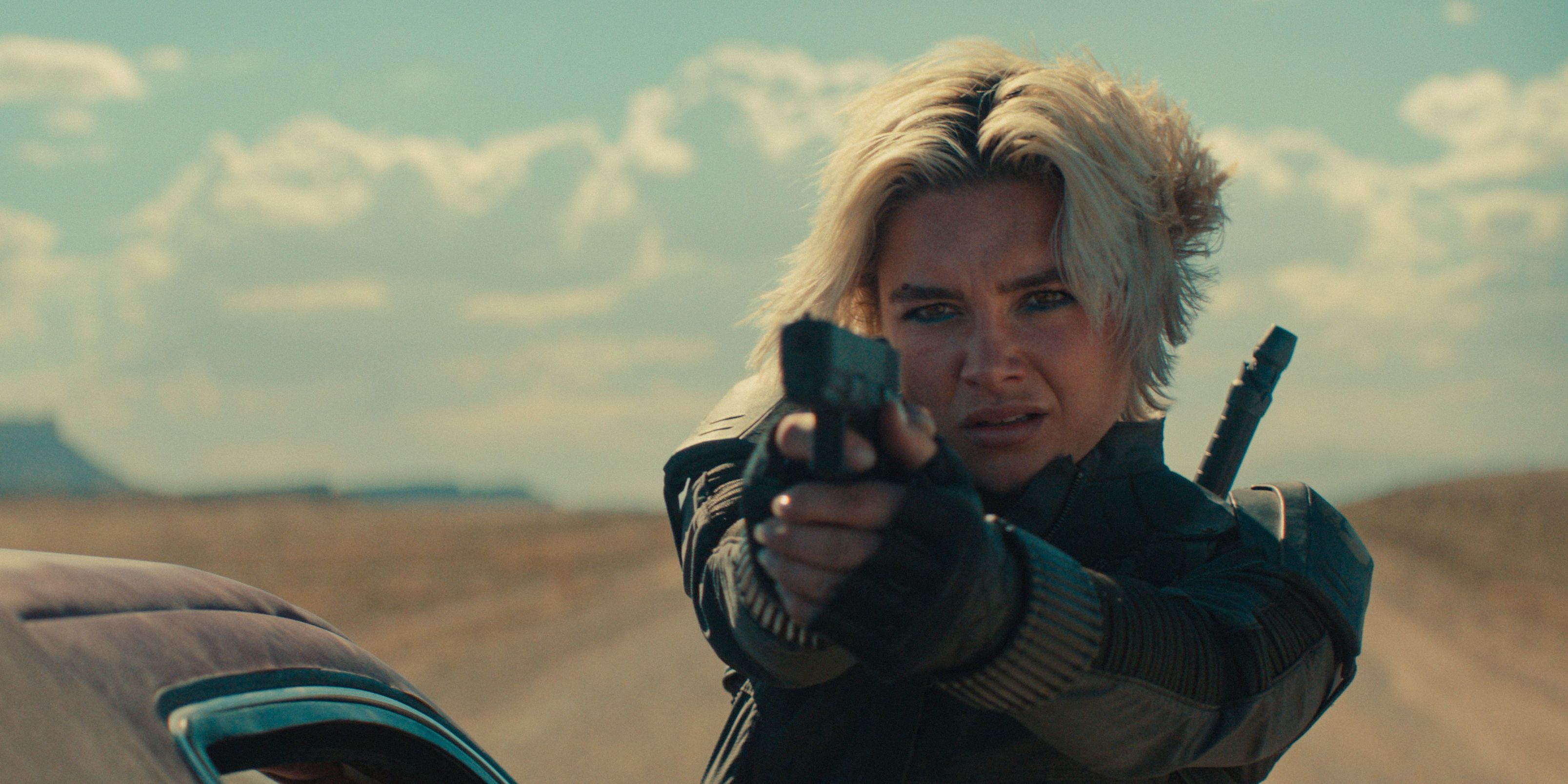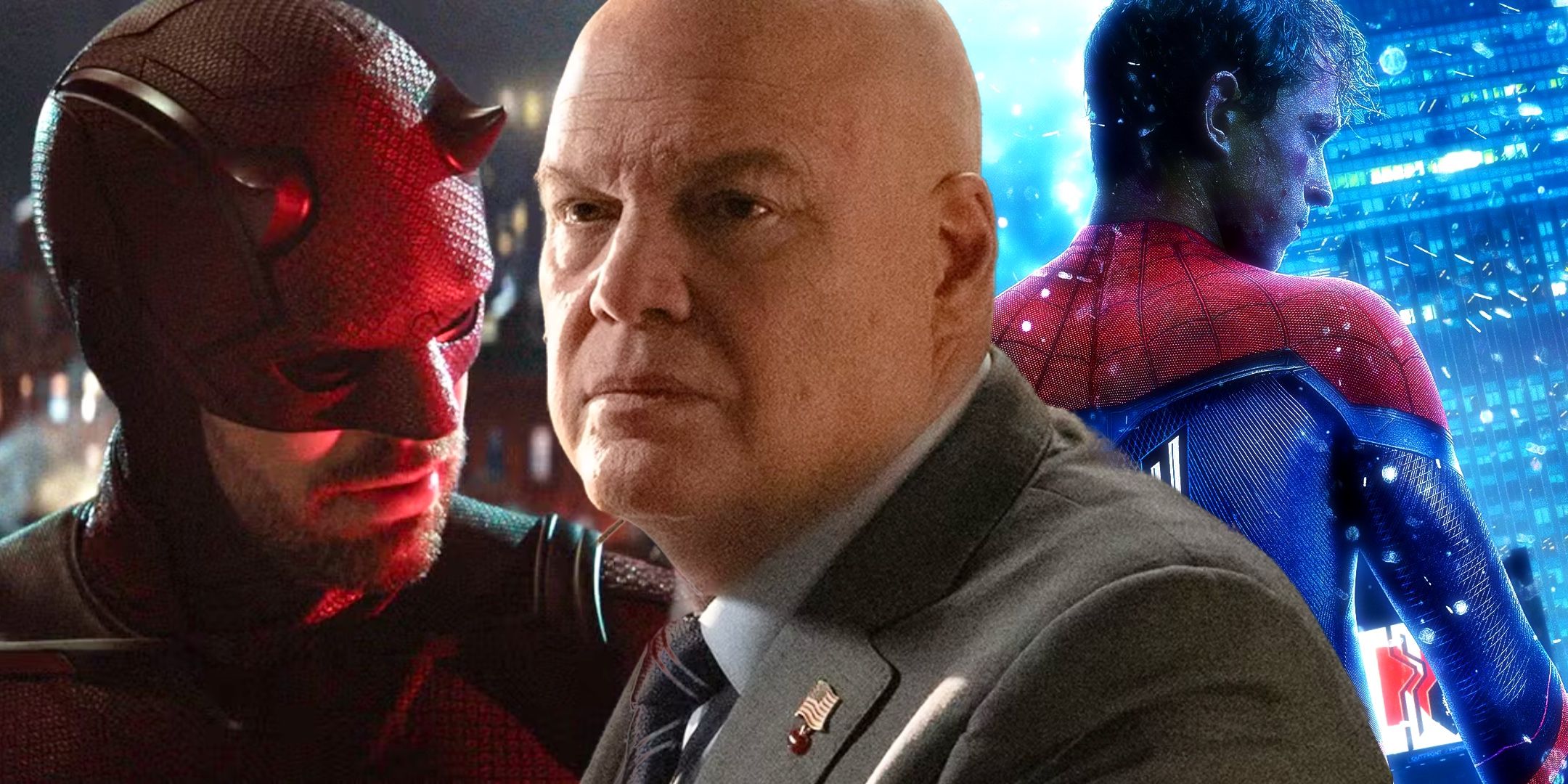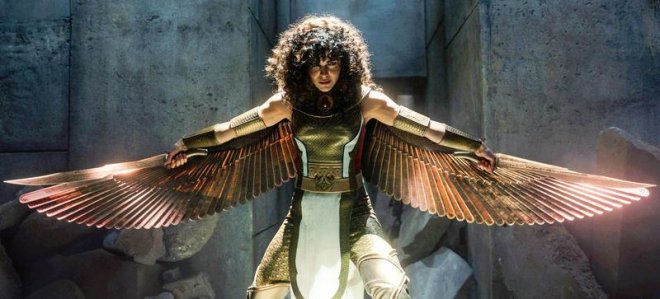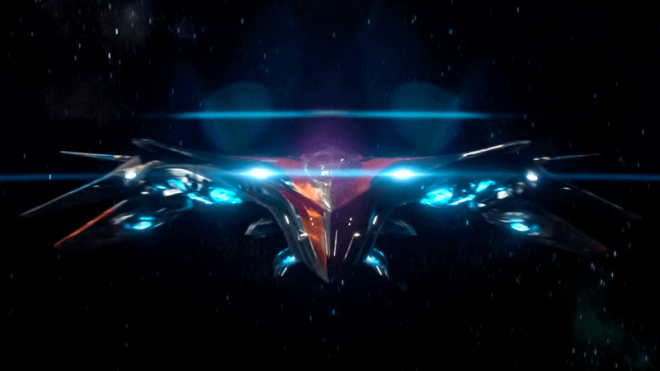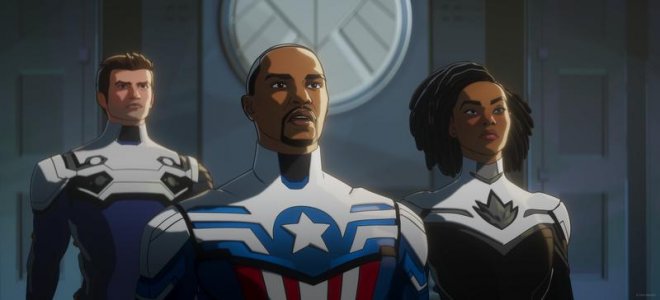Marvel Studios" Top-Secret Retreat Details Disclosed by MCU Producer
In a recent interview, Marvel Studios producer Nate Moore revealed new information about the company"s secretive creative retreats for planning future Marvel projects.As the MCU continues releasing titles at a seemingly exponential rate, fans may wonder how these projects are conceptualized. With decades of comics lore at their disposal, Marvel executives have a goldmine of potential stories to tell.
As previously mentioned by Kevin Feige, these creative retreats are a time when MCU executives plan the future of the franchise. At the 2022 retreat, there was even a board that took Marvel Studios" creative brass "through the next decade" of MCU films.
Given that only projects through 2026 have been announced thus far, one can imagine how necessary discretion is as it pertains to the logistics of, and topics of discussion at, these retreats. However, Feige"s revelation of the event"s existence did turn it into an open secret among fans.
Marvel Studios" Secret Retreats Explained
 MarvelNate Moore, producer of films in MCU franchises including Black Panther and Captain America, revealed new information about Marvel Studios" creative retreats on an episode of The Town podcast.
MarvelNate Moore, producer of films in MCU franchises including Black Panther and Captain America, revealed new information about Marvel Studios" creative retreats on an episode of The Town podcast.Moore explained to show host Matthew Belloni that these creative retreats gave executives the chance to run wild with ideas and aspirations for the future of the MCU.
According to Moore, there were "an overwhelming amount of ideas," shared in conversations driven by "people [who] had passion for the material:"
Belloni: "Take us into the development process [and] how you guys, at this point going as many movies as you have made, how you decide, ‘Okay, this is the direction we’re going and this is the character we’re building this around and these are the writers and filmmakers we wanna work with.’ How are those decisions made?"Moore explained that these sorts of retreats give executives the chance to learn which characters they need to "become an expert on," and which storylines to take inspiration from ahead of new projects. After an idea is pitched, according to Moore, research into the character"s history is "up to the executive on that property:"
Moore: "Yeah, they’re made in a couple of different ways to be honest. We have a not-so-secret retreat every year or two, where we go away to Palm Springs typically and just talk about interesting characters or stories we’d love to tell or, ‘Hey, if we could do anything we wanted, what would it be? Who would it be? What characters haven’t we used that we’re passionate about?’ And out of that week, there tends to be one or two tentpoles that sometimes move, but that we start to be able to build around. And things like the Multiverse came out of there, things like building Phase 1 around the Infinity Gauntlet, or I guess through Phase 3 around the Infinity Gauntlet came out of those decisions, because people had passion for the material. And if you think about Marvel, we have 50+ years of material to pull from, so it’s not like there’s a shortage of ideas. If anything, there’s sort of an overwhelming amount of ideas and it has to be someone being passionate about any given idea to figure out how to get it on its feet."
Belloni: "Alright, so someone says, ‘I think we should do something with the Eternals,’ or, ‘Ant-Man is just sitting there. This could be a more family-friendly venue for us.’ What’s next?"Moore went on to describe the sheer number of comics creatives at Marvel need to read and understand after pitching an idea at a retreat. He explains that by having access to this lore "you start to build an internal document" of the most compelling aspects of the given character or property.
Moore: "Yeah, so once we decide on making a given character, it’s up to the executive on that property to become an expert on that character. And that’s anything from, for instance when I was put on Captain America 2, literally reading every appearance of Captain America in publishing. It takes about, I would say about 3 to 4 months."
Belloni: "Is there some assistant at Marvel who that just goes into the archive and you get a big stack on your desk?"After executives "do [their] homework," they filter out the ideas they like best and want to adapt most. They then flesh out the ideas even more, "break[ing] [the] pitch apart, bring[ing] it down to the studs, and rebuild[ing] it:"
Moore: "Essentially, yes. And sometimes they’re digital stacks, sometimes they’re physical copies. I have… large binders of, most recently, all the Namor comics because I was sort of prepping for [Black] Panther 2. And in reading everything, you start to build an internal document of the things that are really interesting, characters that are really great, moments that are really great, cool facts that you maybe don’t know off the surface or off a Wikipedia entry. Also things from publishing that feel problematic, things that we could tweak, things that we’ve done before so we have to change. And out of that process, you come away with a document that’s a little bit indicative of what we think the movie could be. And the reason why we started doing that, I would cut to ten years prior, it used to be like, ‘Hey Matt, you wanna write a Marvel movie? Here’s 50 years of Doctor Strange.’ And to have any writer come back with a take that we would like was a near impossibility, because it’s so much stuff."
Belloni: "So you have to tell them: ‘This is what we think will work out of the 50 years of Captain America.’"What Is Marvel Planning for Phase 6 & Beyond?With Moore"s information, as well as the already-announced titles that make up the Multiverse Saga — the umbrella title for phases 4, 5, and 6 — fans can infer what discussions may have been held at these creative retreats.
Moore: "‘These are things that we are interested in making.’ Because you might read those 50 years of any given property and might be interested in something completely different. Well, that’s not doing you any service, right? So we started to do our homework first and then once we felt like, ‘Hey, we have a good handle on what we like about any given property,’ in the meantime, we’ve hopefully been meeting the right writers who can breathe life into that. And I think, in how we think about writers, and I’ve been in a different studio for a very long time, but it’s certainly not, ‘Hey, who’s done the biggest, fanciest thing lately?’ It’s, ‘Who has a very specific voice that we think is interesting,’ and ‘Who will make this any given property their priority?’ Because as you know Matt, in Hollywood, sometimes you’re writing a draft over here, and you’re writing a draft over here, and you got a show over here, and writers are… their focus is split, because they’re successful, and they’re good, and so they work a lot. What we kind of ask for any writer is, ‘Hey, we want you to move into the Marvel office and start writing.’ And writing for us starts with, ‘Hey, you’ve started with this document, you’ve come in and pitched, we think you’re great. Come on in, let’s break your pitch apart, bring it down to the studs, and rebuild it together.’ So that we’re all on the same page and we are moving the ball forward and the reason why we do it like that is, to your point, we don’t really develop anything we don’t make. So if, for instance, we wanna do Shang-Chi, we date Shang-Chi and go, ‘Okay, so we got about two years to get this thing going.’ And so you don’t have time for the blind alleys and the cul-de-sacs of some normal development. Everything is progress towards production. And if we are not aligned with the writer and then the director when they come into the process, we’re gonna lose too much time to make that movie. And usually we are working with a solid production date and release date in mind."
Phase 6"s Fantastic Four and Secret Wars imply the potential to see Doctor Doom as a major villain alongside the already havoc-wreaking Kang the Conquerer. Most Fantastic Four stories include Doom in some capacity, and 2015"s Secret Wars comic by Jonathan Hickman – which the upcoming movie is seemingly drawing from, as it deals with the Multiverse and incursions, concepts both discussed in Doctor Strange in the Multiverse of Madness — sees Doom as its primary antagonist.
According to Moore, specific arcs and characters are discussed and expanded upon at these retreats. This lends itself to the common factor of Doom in at least two of the three already-announced Phase 6 films.
However, information on the future of the MCU still remains scarce. Maybe the discussions from the creative retreats focused on a topic that the studio has not even hinted at. Marvel executives could be right now researching and reading from any number of stories from the many decades of comics lore they have to play with.
For all fans know, the best is yet to come.
[圖擷取自網路,如有疑問請私訊]
|
本篇 |
不想錯過? 請追蹤FB專頁! |
| 喜歡這篇嗎?快分享吧! |
相關文章
SuperHeroKing








